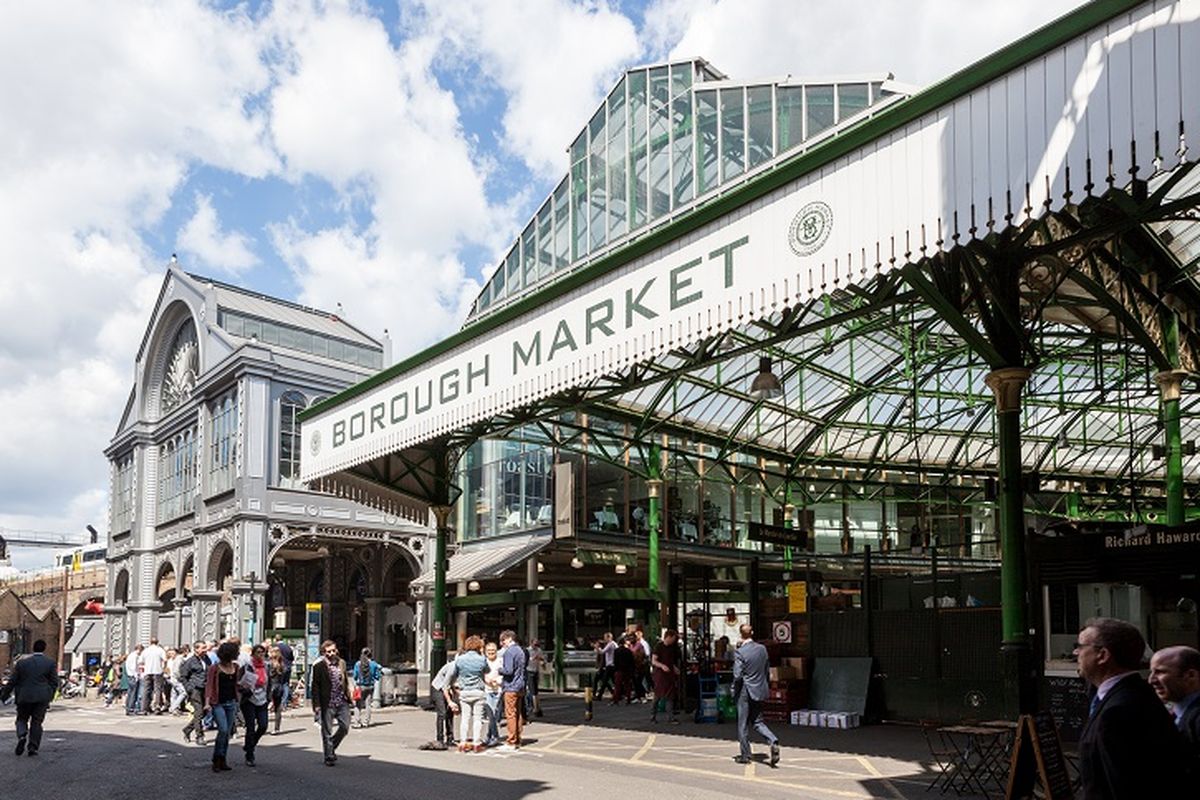UK Public Debt Exceeds £2 Trillion as Pandemic Strains National Economy

LONDON, KOMPAS.com – Official data showed that UK public debt exceeded £2 trillion for the first time as the coronavirus pandemic pushes the UK economy deep into recession.
The British government has carried out massive state borrowing as the national economy struggled to stay afloat amid lockdowns and social restrictions.
The Office for National Statistics reported total accumulated debt reached £2.004 trillion ($2.61 trillion or €2.2 trillion) at the end of July.
Read also: UK Economy Enters Recession Stemming from Coronavirus Lockdowns
UK public debt is equivalent to 100.5 percent of the UK’s annual GDP or total economic output which is the highest since 1961.
The debt increased by £227.6 billion compared with July 2019, reflecting the huge increase in borrowing needed to tackle the pandemic.
"This crisis has put the public finances under significant strain as we have seen a hit to our economy and taken action to support millions of jobs, businesses and livelihoods," finance minister Rishi Sunak said.
"Without that support things would have been far worse."
Net borrowing between April and the end of July is estimated to have hit £150.5 billion, the ONS said.
Last month's deficit figure hit £26.7 billion, as the UK emerged from a strict lockdown imposed at the end of March to curb the spread of the coronavirus.
Read also: Jakarta Delays Exit from Partial Lockdown for the Fourth Time
"Today's figures are a stark reminder that we must return our public finances to a sustainable footing over time, which will require taking difficult decisions," Chancellor of the Exchequer Sunak said.
"It is also why we are taking action now to support the growth and jobs which pay for our public services, by helping businesses to reopen safely."
Retail recovery
Separate official data Friday showed that British retail sales jumped by 3.6 percent in July from June as shops, restaurants and pubs reopened.
"Retail sales have now regained all the ground lost during the height of the coronavirus restrictions as more stores open for trade and online sales remain at historically high levels," ONS statistician Jonathan Athow said Friday.
"While still below their pre-pandemic levels, both fuel and clothing sales continued to recover.
"Meanwhile, food sales fell back from their recent peaks as people started to venture back into pubs and restaurants," Athow added.
Marks and Spencer, the British food and clothes retailer, announced this week that it was cutting 7,000 jobs as Covid-19 increasingly pushes customers to shop online.
The retailer joins the likes of UK department store chains Debenhams and John Lewis, as well as pharmacy group Boots, in cutting thousands of jobs owing to pandemic fallout.
Read also: UK and Indonesia to Complete Joint Trade Review in December
Britain's economy shrank by one fifth in the second quarter, more than any European neighbor, as the lockdown plunged the country into its deepest recession on record.
Even though the UK economy is beginning to rebound as the government eases strict confinement measures — gross domestic product grew by 8.7 percent in June — analysts expect a surge in unemployment by the end of the year.
In October, Sunak plans to end the government's furlough scheme that is paying up to 80 percent of wages for around 10 million workers during the pandemic.
(Writers & Editors: BCP/BMM, Agence France-Presse)
Source: http://u.afp.com/3upc
Simak breaking news dan berita pilihan kami langsung di ponselmu. Pilih saluran andalanmu akses berita Kompas.com WhatsApp Channel : https://www.whatsapp.com/channel/0029VaFPbedBPzjZrk13HO3D. Pastikan kamu sudah install aplikasi WhatsApp ya.

































